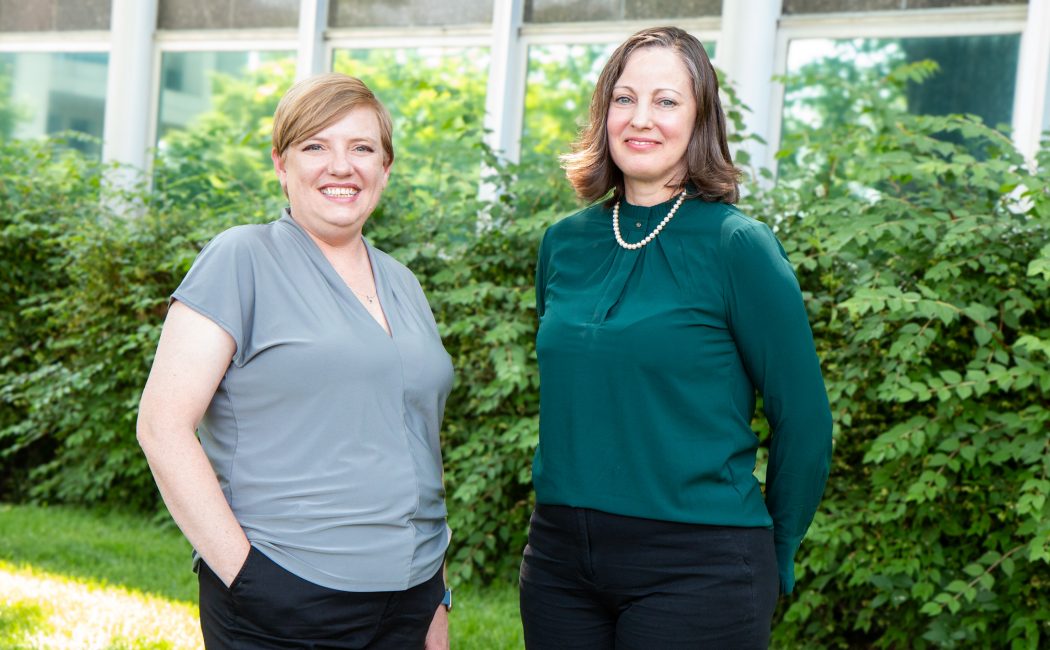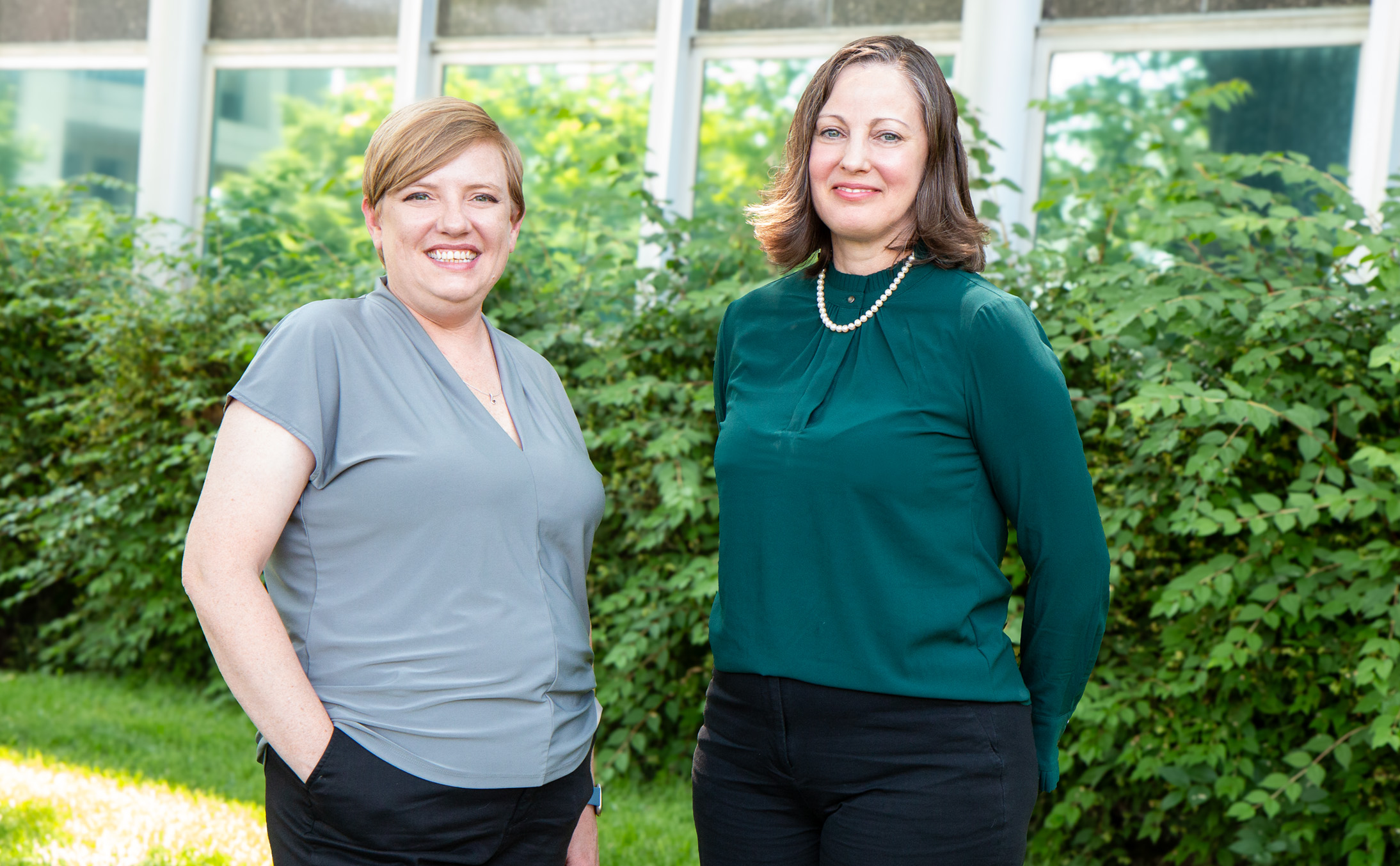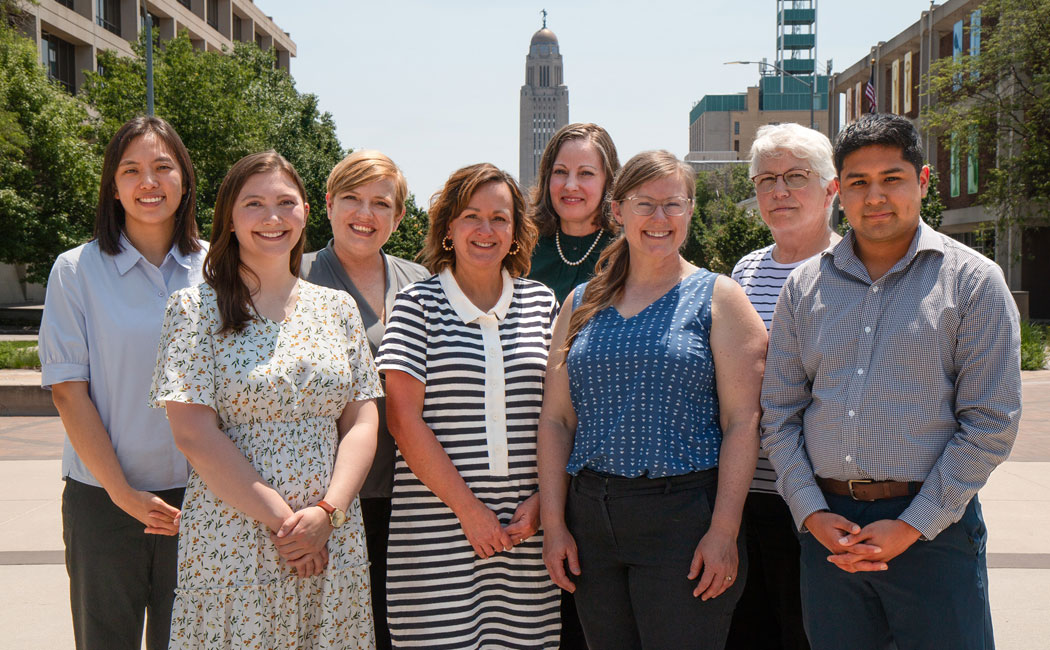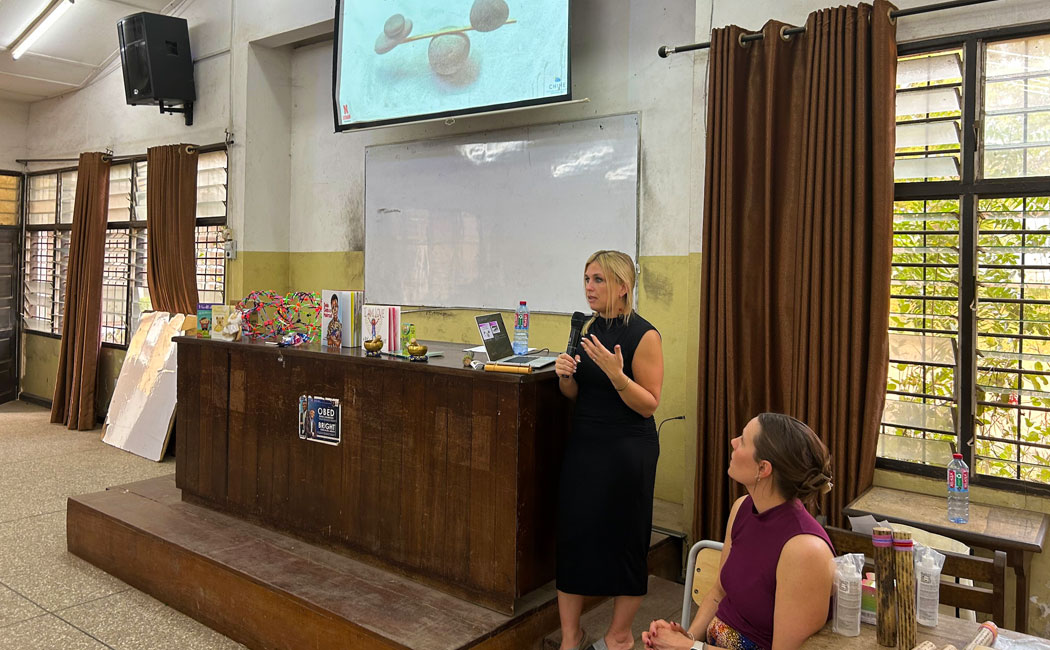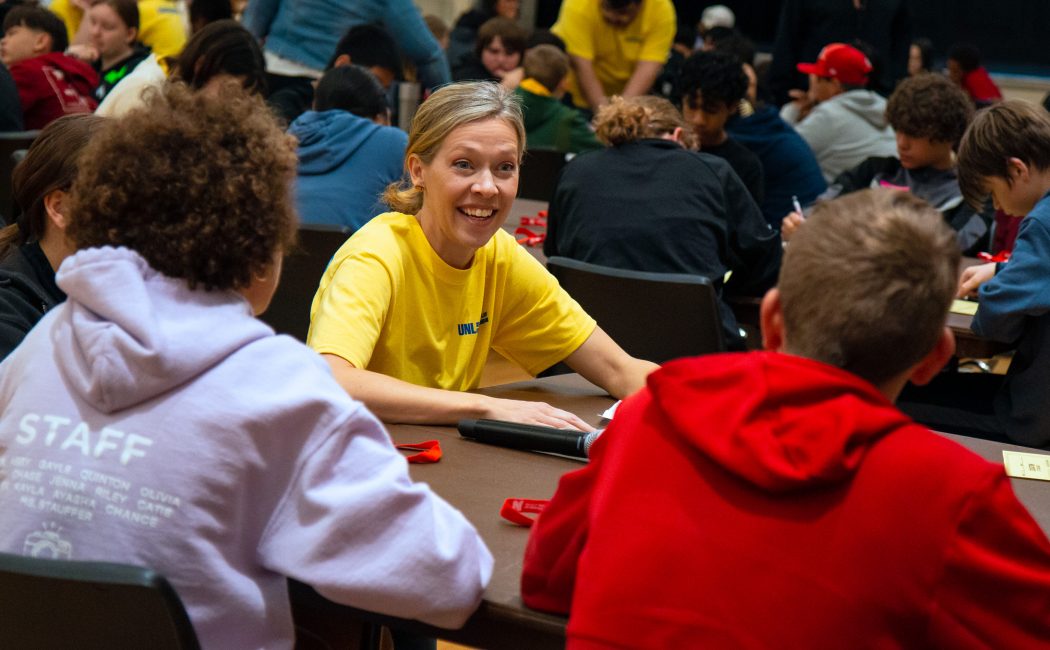
Children who are breastfed as infants are less likely to develop obesity. However, despite recommendations from the Centers for Disease Control and Prevention, only 25% of infants in the U.S. are exclusively breastfed for the first six months.
As many as 70% of mothers experience problems with breastfeeding, contributing to lower rates — particularly among Black Americans (17.2%) and rural residents (18%). Research suggests these low breastfeeding rates may compound potential nutrition-related health disparities from the start of life.

